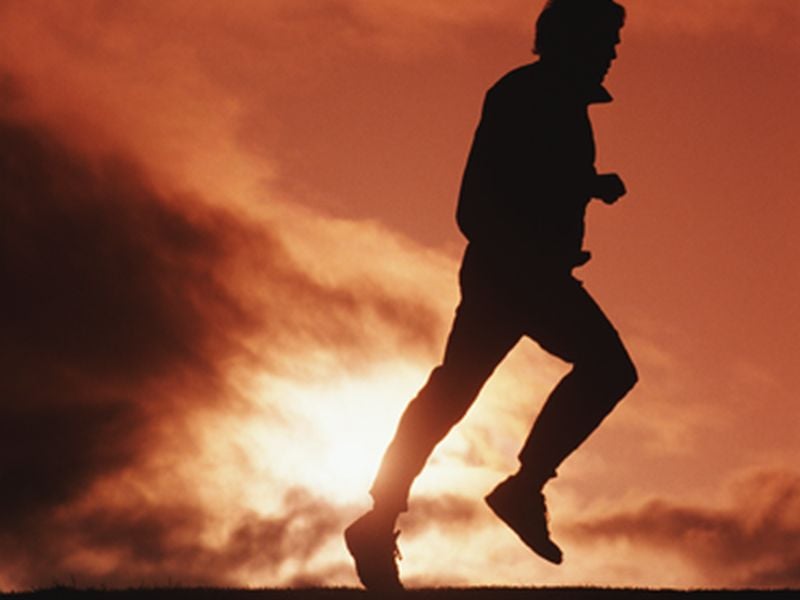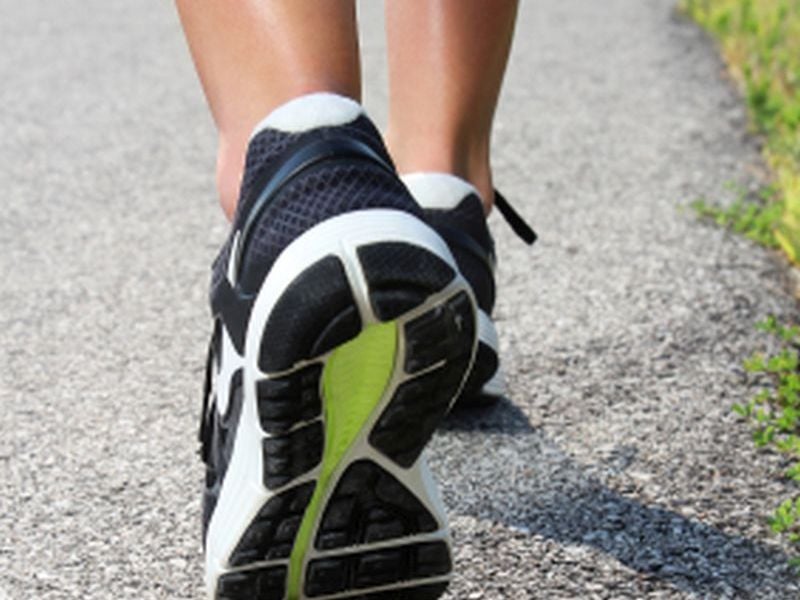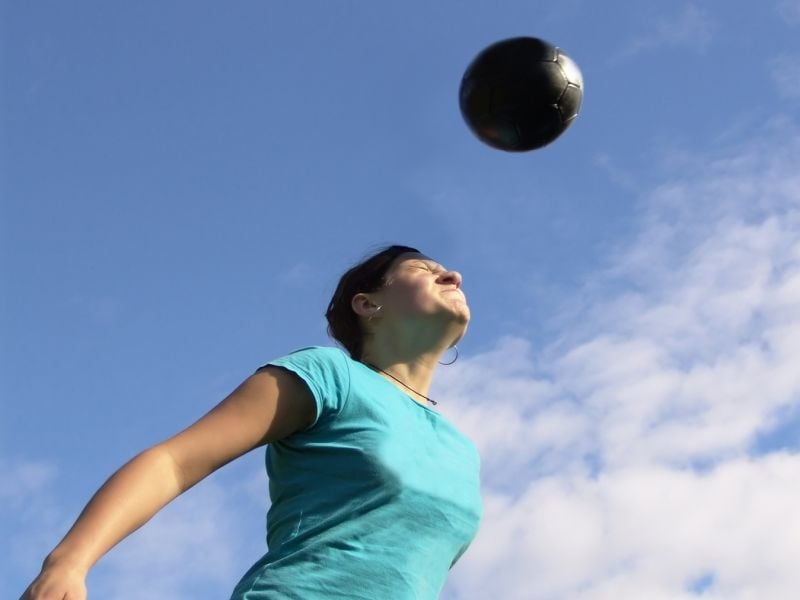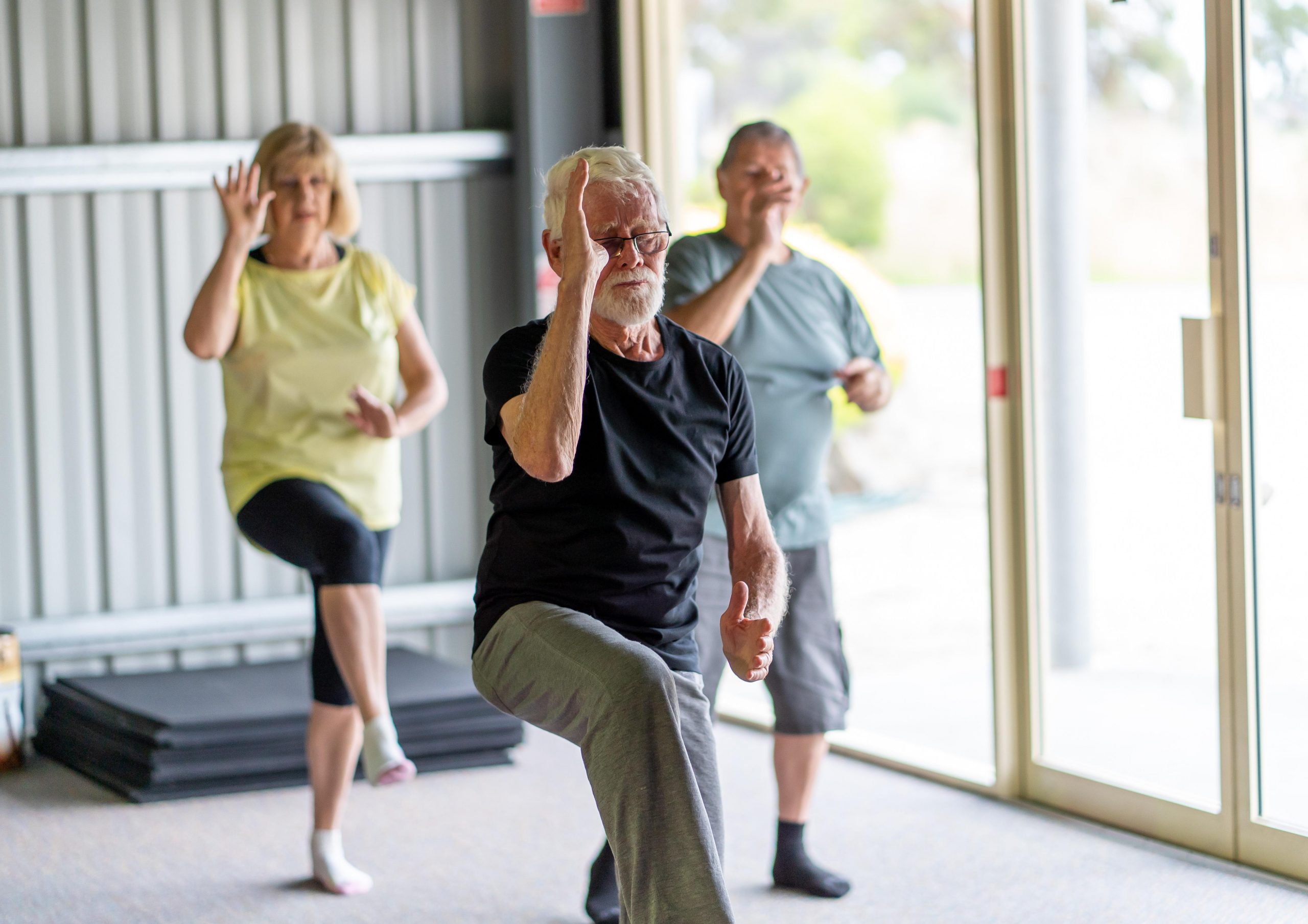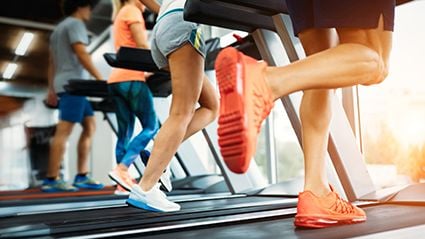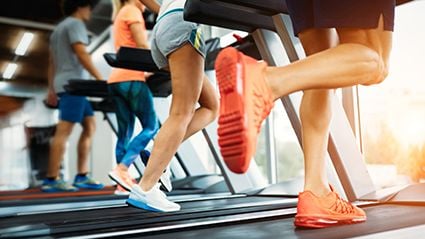
Bodybuilders are largely unaware that the protein supplements they use to bulk up might harm their fertility, a new study shows. Four out of five male gym enthusiasts (79%) said they use protein supplements as part of their fitness plan, the poll found. But only 14% had considered how those supplements — which contain high… read on > read on >











